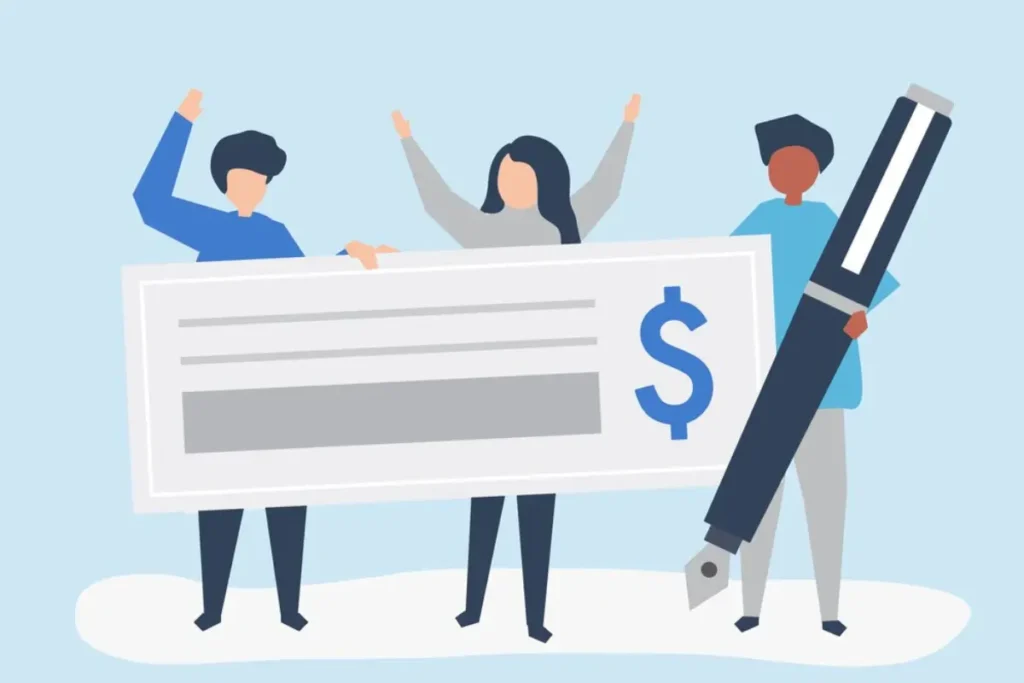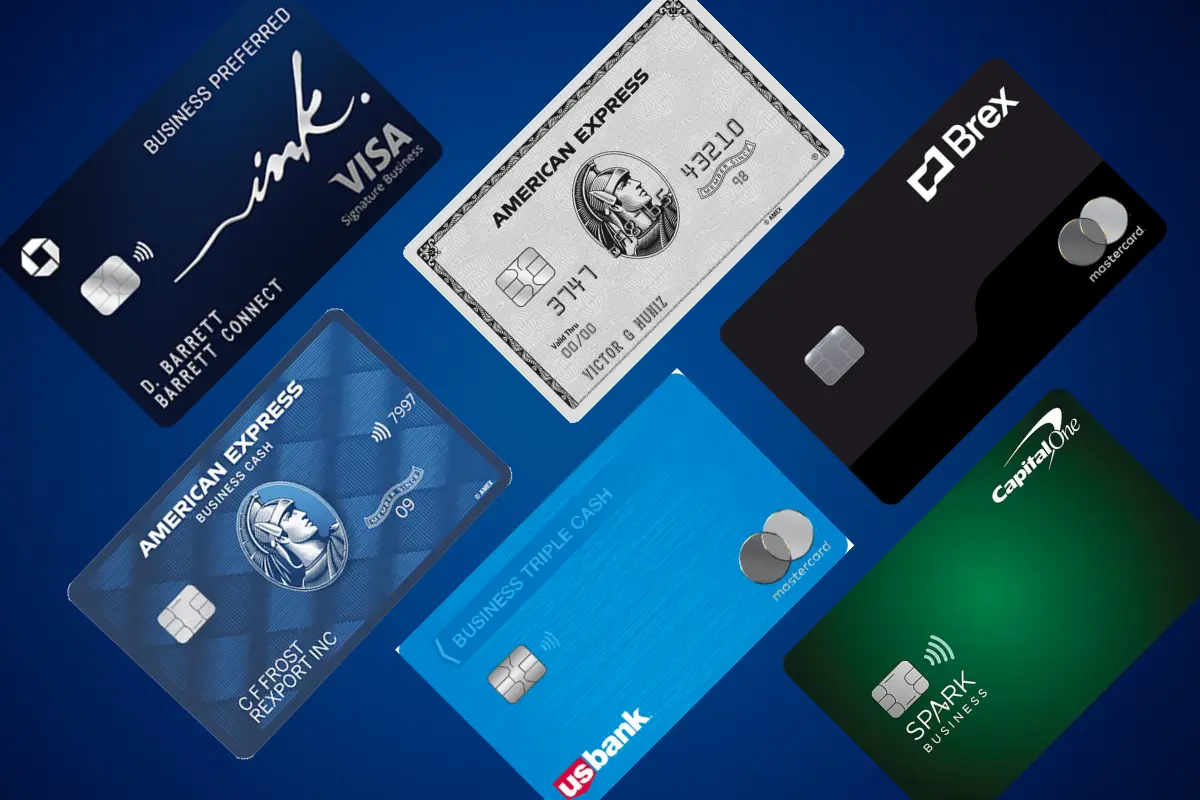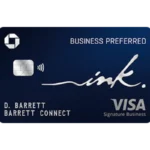Debt can feel like a heavy burden, especially when you’re juggling multiple payments with varying interest rates. Debt consolidation loans offer a lifeline, consolidating those various debts into a single monthly payment, often with a lower interest rate. This can simplify your finances, reduce your monthly payments, and accelerate your journey to debt freedom.
In this comprehensive guide, we’ll break down everything you need to know about debt consolidation loans, including how they work, the best options for different situations, and key factors to consider when choosing the right loan for you.
What is a Debt Consolidation Loan?
A debt consolidation loan is a personal loan you use to pay off multiple high-interest debts, such as credit cards, personal loans, or medical bills. By consolidating your debts into one loan, you simplify your payments and potentially lower your interest rate.
How Debt Consolidation Loans Work
- Borrow: You take out a personal loan for the total amount of your outstanding debts.
- Pay Off Debts: Use the loan funds to pay off your various debts in full.
- Single Payment: You now have a single monthly payment to your loan provider, usually with a fixed interest rate and term.
Benefits of Debt Consolidation Loans
- Simplified Finances: Manage one monthly payment instead of multiple.
- Lower Interest Rates: Potentially secure a lower interest rate than your current debts.
- Fixed Payments: Predictable monthly payments help with budgeting.
- Improved Credit Score: Timely payments can improve your credit utilization ratio.
Best Debt Consolidation Loans for 2024
| Lender | APR Range | Loan Amounts | Minimum Credit Score | Unique Features |
|---|---|---|---|---|
| SoFi | 8.99% – 29.99% (with autopay & direct deposit) | $5,000 – $100,000 | 680 | Unemployment protection, career coaching |
| Marcus by Goldman Sachs | 6.99% – 24.99% | $3,500 – $40,000 | 660 | No fees, flexible payment options |
| LightStream | 7.99% – 25.99% (with autopay) | $5,000 – $100,000 | 660 | Rate beat program, same-day funding (for qualified borrowers) |
| Upgrade | 8.49% – 35.99% | $1,000 – $50,000 | 560 | Direct payment to creditors, credit health tools |
| Best Egg | 8.99% – 35.99% | $2,000 – $50,000 | 640 | Flexible repayment terms, fast funding |
Key Features of Top Lenders:
- SoFi: Ideal for those with good credit and high debt balances. Offers additional benefits like career coaching and unemployment protection.
- Marcus by Goldman Sachs: Great for borrowers who value simplicity and flexibility. Offers a no-fee loan with on-time payment rewards.
- LightStream: Best for borrowers with excellent credit seeking low rates and fast funding.
- Upgrade: Suitable for borrowers with fair to good credit who want to consolidate multiple types of debt.
- Best Egg: A good option for borrowers with less-than-perfect credit, offering flexible repayment terms and fast funding.
Choosing the Right Debt Consolidation Loan

Consider these factors when selecting a loan:
- Interest Rates: Compare APRs from different lenders to get the lowest rate possible.
- Fees: Look for loans with minimal or no origination fees, prepayment penalties, or late fees.
- Repayment Terms: Choose a repayment term that fits your budget and allows you to pay off the loan as quickly as possible.
- Credit Score Requirements: Ensure you meet the minimum credit score requirement for the loan you choose.
Understanding Interest Rates and APR
When comparing debt consolidation loans, it’s crucial to understand the difference between interest rates and annual percentage rates (APR).
- Interest Rate: This is the basic cost of borrowing money, expressed as a percentage of the loan amount.
- APR: This is the total cost of borrowing, including the interest rate and any additional fees, like origination fees or prepayment penalties. The APR is a more accurate representation of the loan’s total cost.
It’s essential to compare APRs rather than just interest rates when evaluating loan offers, as the APR will give you a clearer picture of the total cost you’ll be paying.
Read more:
Factors Affecting Your Interest Rate
Several factors influence the interest rate you’ll be offered on a debt consolidation loan:
- Credit Score: A higher credit score generally translates to a lower interest rate.
- Debt-to-Income Ratio (DTI): This is the percentage of your monthly income that goes towards debt payments. A lower DTI often results in a lower interest rate.
- Loan Term: Shorter loan terms usually have lower interest rates, but higher monthly payments.
- Loan Amount: Larger loan amounts may have lower interest rates due to economies of scale.
- Lender: Different lenders have different risk appetites and pricing models, so shop around to find the best rates.
Risks of Debt Consolidation Loans
While debt consolidation loans offer numerous benefits, it’s important to be aware of the potential risks:
- Not Addressing Underlying Issues: If you haven’t addressed the root cause of your debt, you may end up accumulating more debt after consolidation.
- Long-Term Costs: If you choose a loan with a long repayment term, you may end up paying more in interest over time, even if the monthly payments are lower.
- Fees: Some loans come with fees that can add to the total cost of borrowing.
- Potential for Lower Credit Score: If you miss payments or default on the loan, your credit score will suffer.
How to Get the Best Debt Consolidation Loan
To find the best debt consolidation loan for your needs:
- Check Your Credit Score: Knowing your credit score will help you determine what interest rates you qualify for.
- Calculate Your Debt: Tally up all your outstanding debts to figure out how much you need to borrow.
- Shop Around: Compare offers from multiple lenders to find the best rates and terms.
- Read the Fine Print: Carefully review the loan agreement to understand all fees, terms, and conditions.
- Choose a Reputable Lender: Choose a lender with a good reputation and positive customer reviews.
Additional Tips for Managing Your Debt
- Create a Budget: A budget will help you track your income and expenses and ensure you can afford your loan payments.
- Cut Back on Spending: Identify areas where you can cut back on spending to free up more money for debt repayment.
- Increase Your Income: Consider taking on a side hustle or freelance work to increase your income and pay down debt faster.
- Seek Professional Help: If you’re struggling to manage your debt, consider seeking help from a credit counselor or financial advisor.
Is Debt Consolidation Right for You?
Debt consolidation is not a magic solution for everyone. It’s best suited for those who:
- Have multiple high-interest debts.
- Can secure a lower interest rate through consolidation.
- Are committed to changing spending habits to avoid accumulating new debt.
Alternatives to Debt Consolidation Loans
If a debt consolidation loan isn’t the right fit, consider these alternatives:
- Debt Management Plan (DMP): A DMP involves working with a credit counseling agency to create a repayment plan and negotiate with your creditors.
- Balance Transfer Credit Card: A balance transfer card allows you to transfer high-interest debt to a card with a 0% introductory APR.
Key Tips for Debt Consolidation Success
- Create a Budget: Develop a realistic budget to ensure you can afford your monthly loan payment.
- Avoid New Debt: Stop using your credit cards and avoid taking on any new debt while you focus on repayment.
- Make Timely Payments: Paying on time will improve your credit score and help you avoid late fees.
- Consider Professional Help: If you’re struggling to manage your debt, seek help from a credit counselor.
Debt Consolidation: A Step Towards Financial Freedom
By understanding the ins and outs of debt consolidation loans, you’re empowered to make informed decisions about your financial future. With the right loan and a disciplined approach to repayment, you can overcome your debt, improve your credit, and achieve lasting financial freedom.
Remember, debt consolidation is not a quick fix. It’s a tool that, when used wisely, can be a powerful catalyst for positive change. By taking control of your debt, you’re taking a crucial step towards a brighter financial future.






